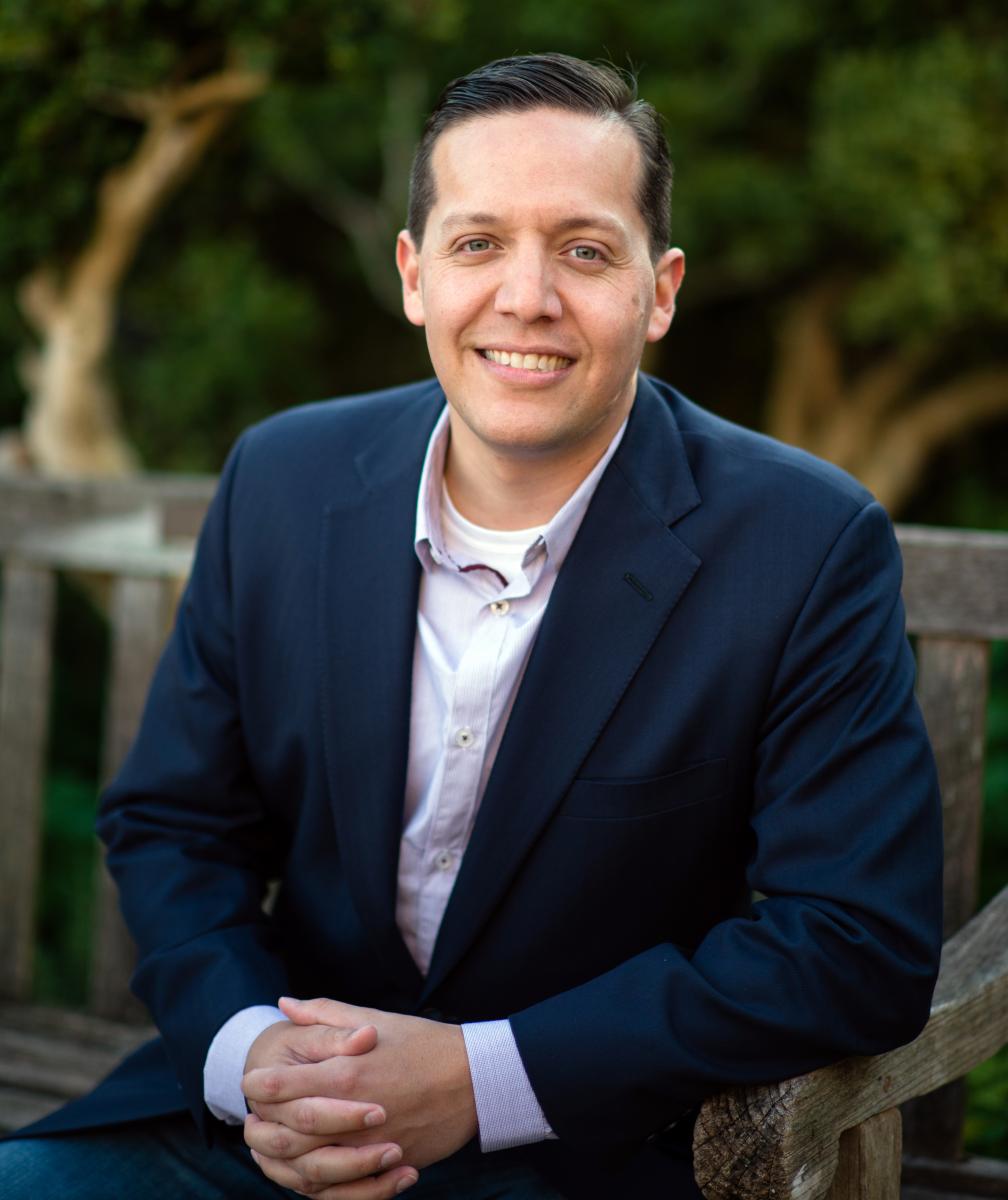NAGC works to support those who enhance the growth and development of gifted and talented children through education, advocacy, community building, and research

Editor's note: This is the first in a series of blog posts that will be collaboratively published every Wednesday by the Thomas B. Fordham Institute and the National Association for Gifted Children. Each post in the series will exist both here on the NAGC Blog and on Flypaper.
President Barack Obama kicked off his final State of the Union address by asking the citizens of our country several important question that ought to frame how our policy makers will lead into the future. His first question was related to education. He asked, “How do we give everyone a fair shot at opportunity and security in this new economy?”
The National Association for Gifted Children agrees that education is a powerful tool to help “give everyone a fair shot.” However, we would be remiss if we didn’t call out the nation’s responsibility to ensure that the education it provides its citizens gives everyone the chance to achieve his or her full human potential. Unfortunately, we know that this is not necessarily the case for children with extraordinary gifts and talents in our schools today; particularly those bright students who are economically disadvantaged, from minority backgrounds, or are learning English as a second language.
By passing the Every Student Succeeds Act, the president and Congress made positive steps to improving the learning lives of gifted students. First, the law requires school systems to report on the percentage of students performing at the most advanced levels in our classrooms. This provision will also help us know if schools are effectively supporting capable, disadvantaged students to do their best. Second, it specifically allows schools to use Title I funds to offer gifted and talented education for disadvantaged, high-potential students. Our hope is that school leaders will understand that giftedness exists in all populations of students. Third, the new law calls for school systems to provide classroom teachers with the professional development to identify and serve gifted children from all backgrounds—but with a focus on identifying disadvantaged students who are gifted.
While the law opens new doors for educators to address the needs of gifted children, it will take local leadership to ensure that all students get “a fair shot,” as President Obama remarked in his speech. Chief state school officers must share the vision that schools are helping all children achieve their full human potential. They must work to eliminate policy barriers—such as prohibiting early entrance into kindergarten or grade skipping when appropriate. District superintendents must support and challenge educators to identify children from all backgrounds that show high potential, increase expectations and opportunities, and let pupils soar to extraordinary levels of achievement. Classroom teachers should unleash their creativity and explore new ways to guide gifted children as they work to move faster through content, learn more, and understand in deeper ways.
M. René Islas is the executive director of the National Association for Gifted Children.